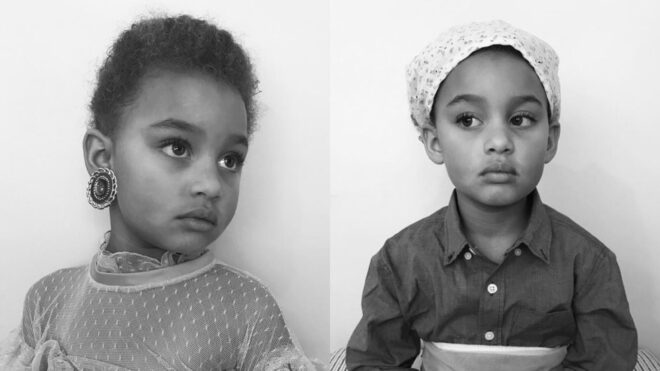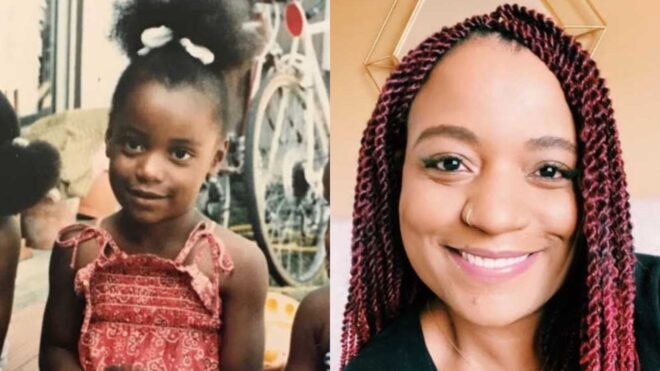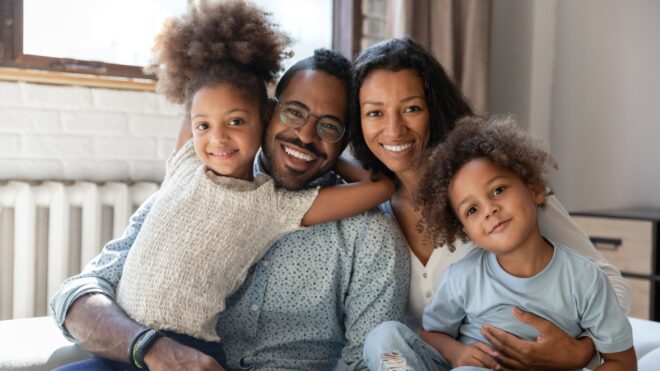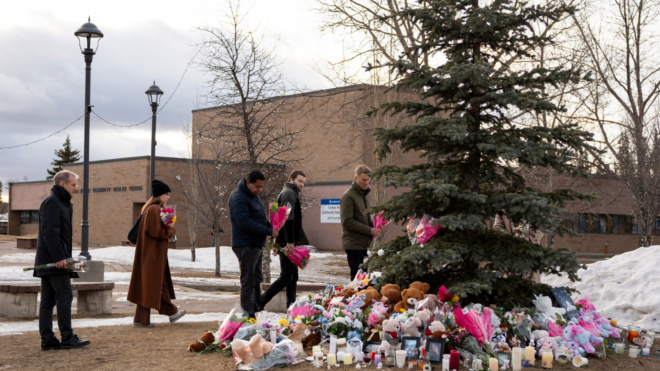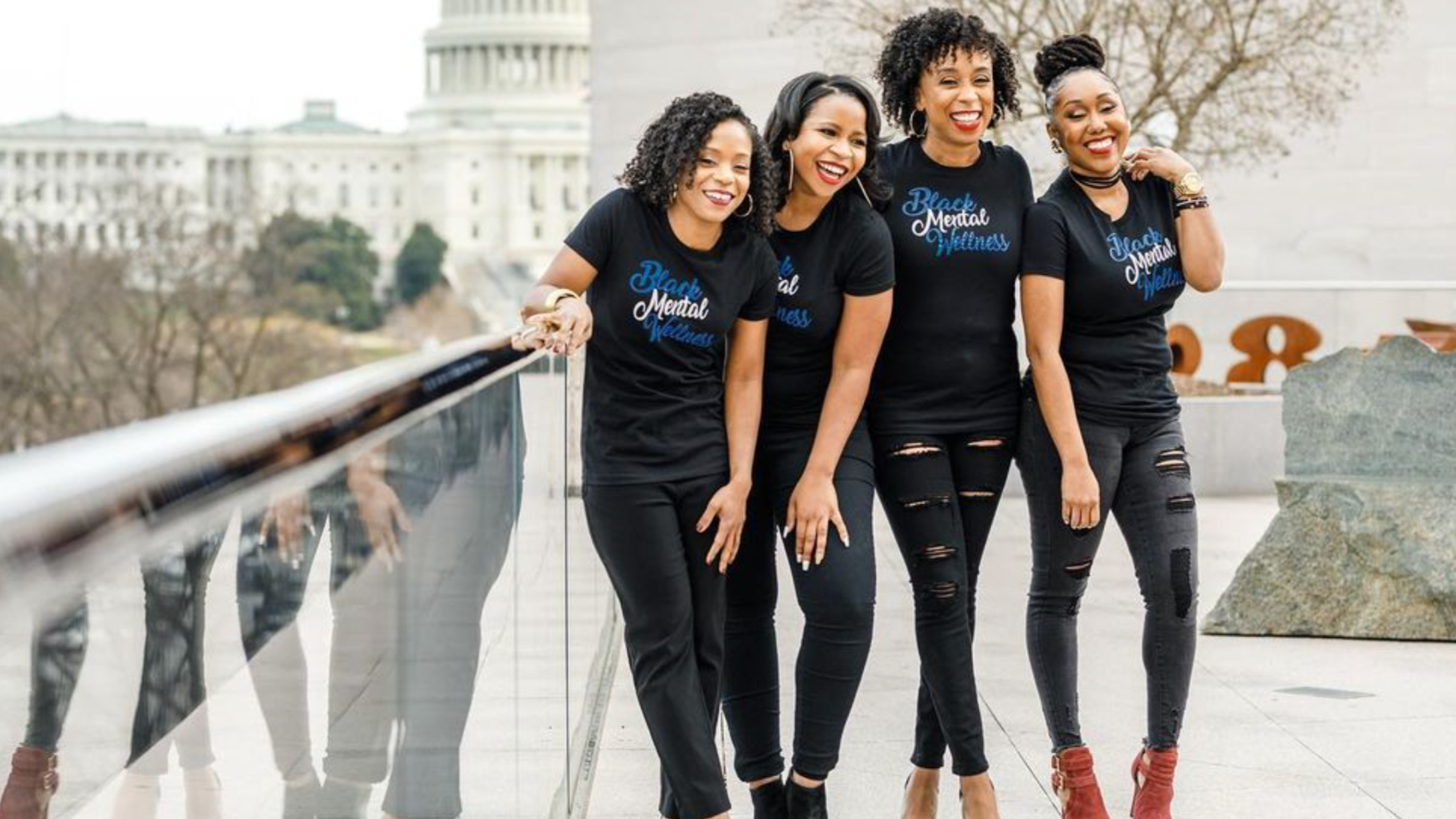
Even before the debilitating health situation of the past few years, Americans were already facing a very real and very serious mental health crisis. Now that the health crisis has led to the loss of millions of jobs, torn apart thousands of families, and plunged countless people into poverty, the situation has only grown worse.
It's been particularly hard on the Black community, which experts say has been hit the hardest of any other minority group. But four female psychologists are working overtime to help as many people as they can, by providing access, information, and tangible resources about mental health topics from a Black perspective. Their goal? To shatter the mental health stigmas that still exist within the Black community — and so far, it's working.
The initiative is called Black Mental Wellness. It was originally launched in spring 2018.
Now, in the wake of the pandemic, it couldn't be more relevant.
The company has been making waves thanks to the collective efforts of the women behind it: Dr. Nicole Cammack, Dr. Danielle Busby, Dr. Dana Cunningham, and Dr. Jessica Henry — a team of four friends and colleagues who met while working in the psychology field.
The initial idea was actually sparked years ago when Cammack was working with active duty service members on a military base.
"At the time, there was a lack of information that was accessible to the everyday person … and it was glaring, how many Black women were suffering in silence," she told People. "I wanted to create resources that spoke to what mental health means in the Black community. And help redefine the 'strong Black woman' being able to ask for help."
Cammack, who is also the program director of a mental health clinic at a Washington, DC-based Veterans Affairs Medical Center, felt compelled to act, and soon, Black Mental Wellness was born.
Cammack says she first launched the project solo.
Before long, it was clear that she needed a rock-solid team working alongside her to take the company to the next level.
So she asked Busby, Cunningham, and Henry to join the executive board — and incredibly, all three were game.
Today, the company is thriving while actively seeking new ways to expand its reach.
The Black Mental Wellness website functions as a growing resource for mental health information, and the company's social media platforms, including Instagram, routinely share important reminders, relevant wellness statistics, and inspiring messages for those who may be struggling.
In addition, BMW regularly hosts webinars and virtual conferences that cover a variety of topics within the Black community and feature noteworthy psychologists, authors, and thought leaders.
The company also runs an ambassador program, which is made up of students and community advocates who are passionate about mental health and actively work together on different initiatives to reach the broader community.
"The college students are currently working on developing a mental health blog, which will include mental health and wellness resources specific to college students," said Cammack. "All of the ambassadors have created social media themes and campaigns to provide resources to the community."
Little by little, the company hopes to chip away at a false narrative that's persisted for decades.
"One of the biggest hurdles that need to be overcome in the Black community when it comes to shattering stigmas about mental health is understanding that seeking mental health treatment does not mean you're weak, lack faith, or that you're sick," Cammack tells CafeMom. "For so long, these negative perceptions have served as barriers to care and to even seeking mental health treatment."
I need y’all to stop saying mental health is “easy” for Black women. It is not. We are heads of households, providers, caretakers. We take on everyone’s issues & are expected to fix them. We are seen as strong & persevering. There is no space for softness & vulnerability in that
— Count Olaf (@o_keilani) March 3, 2021
The topic has actually been the subject of several research studies in recent years — including one in 2013 that surveyed 272 Black participants between the ages of 25 and 72. At the time, researchers found that depression was the most common mental illness among Black participants, regardless of their gender, but that "their attitudes suggested they are not very open to acknowledging psychological problems."
In addition, the study authors wrote that participants were "very concerned about stigma associated with mental illness" and "somewhat open to seeking mental health services," but preferred to turn to religion to cope instead.
That said, the mental health field still has a lot more work to do, according to Cammack.
"It is also important to highlight the ways that the mental health field has to continue to diversify and adapt services that are culturally responsive and speak to the needs of the Black community," she tells CafeMom. "Far too often, we hear stories of Black people who sought mental health services and had a negative experience with a provider for a range of culturally relevant reasons."
Those reasons, she says, include a general discomfort on the part of the provider when discussing topics surrounding race and even a lack of understanding about the client's lived experiences as they pertain to race.
"If you look at the research … there aren't a lot of people in the profession that look like you," Busby told People last month. "That could be a real barrier when we're talking about racial stress or racial trauma."
"It is this whole systemic thing," Cammack added. "It's how we educate, it's who is in the field, it's the historical aspects. They all play a part in the stigma that you see currently."
To be Black in America is to wake up each day wondering if you’ll live to see the next. And that's an enormous weight on anyone's mental health.
Remember: it’s ok to seek help. If you live in California, our statewide mental health line 1-855-845-7415. https://t.co/CVZ4K8SJpp
— Vice President Kamala Harris (@VP) June 15, 2020
"In addition," she tells us, "disparities within the mental health field (e.g., disparities in access to care), mistrust of mental health professionals due to misdiagnosis and ineffective treatment, and barriers to care can prevent individuals from seeking treatment and can hinder mental well-being particularly in the Black community."
Cammack also hopes to inspire a whole new generation of Black mental health professionals.
BMW also runs a training program for undergraduate and graduate students studying mental health, who get matched with mentors in their chosen field.
"Our training program aims to make a direct impact on diversifying the
next generation of mental health and behavioral health professionals," Cammack explains.
Trainees get one-on-one guidance from a Black Mental Wellness founder — whether it's prep for graduate school, tips on organizational development, or strengthening leadership skills.
"Throughout the training experience, trainees also receive virtual didactics on a range of topics to expand their knowledge of mental health and behavioral health opportunities," says Cammack, who notes that those experiences include project development, networking opportunities, speaking engagements, and social media content creation.
So far, the experience has been life-changing for many of the trainees.
Tida Tambedou, a young research assistant at Harvard University, is one of them.
"While applying to PhD programs last semester, I had so much doubt, but Black Mental Wellness was so encouraging," Tambedou told People. "I think I would have definitely waited if I didn't have their mentorship and support, but I'm so glad I did."

